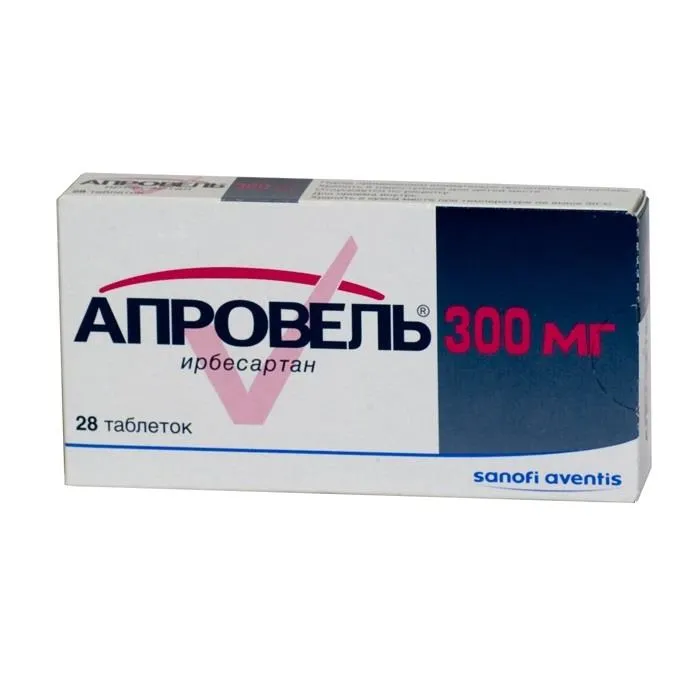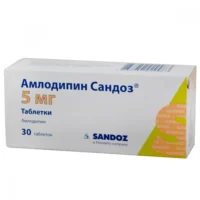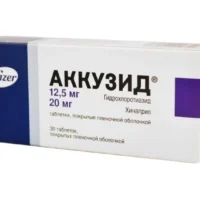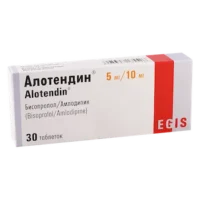Description
Aprovel (Irbesartan) Coated Tablets 300 mg. №28
Ingredients:
Each tablet contains 300 mg of Irbesartan as the active ingredient.
Mechanism of Action:
Irbesartan is a selective angiotensin II receptor antagonist that blocks the vasoconstrictor and aldosterone-secreting effects of angiotensin II, leading to vasodilation and decreased blood pressure.
Pharmacological Properties:
Irbesartan selectively binds to the angiotensin II receptor subtype 1 (AT1), inhibiting the renin-angiotensin-aldosterone system. This results in vasodilation, decreased secretion of aldosterone, and reduced blood pressure.
Indications for Use:
Aprovel tablets are indicated for the treatment of hypertension to lower blood pressure and to reduce the risk of cardiovascular events. They are also used to delay the progression of diabetic nephropathy in patients with type 2 diabetes mellitus.
Contraindications:
Do not use Aprovel if you are pregnant, have severe hepatic impairment, are hypersensitive to Irbesartan, or have a history of angioedema related to previous ACE inhibitor therapy.
Side Effects:
Common side effects of Aprovel may include dizziness, hypotension, hyperkalemia, and fatigue. Rare but serious side effects may include renal impairment, angioedema, and hepatic failure.
Usage Instructions:
The usual recommended dose is one 300 mg tablet per day, taken orally with or without food. Dosage adjustment may be required in patients with renal impairment or on concomitant diuretic therapy.
Benefits Compared to Analogues:
Aprovel has shown comparable efficacy to other angiotensin receptor blockers in lowering blood pressure and protecting renal function. Its once-daily dosing regimen offers convenience and improved adherence compared to some other antihypertensive medications.
Suitable Patient Groups:
Aprovel is suitable for adult patients with hypertension and diabetic nephropathy. It may also be used in elderly patients and those with mild to moderate renal impairment. There is limited data on the safety and efficacy of Aprovel in pediatric patients.
Storage Conditions and Shelf Life:
- Store Aprovel tablets at room temperature (15-30°C) away from moisture and heat sources.
- Keep the tablets in their original packaging to protect them from light.
- Do not use Aprovel after the expiration date printed on the packaging.
Packaging Description:
Aprovel tablets are supplied in blister packs containing 28 coated tablets. Each tablet is imprinted with the strength “300” on one side.
Clinical Evidence and Proven Effectiveness:
Irbesartan, the active ingredient in Aprovel, has demonstrated efficacy in numerous clinical trials. Studies have shown that Irbesartan effectively lowers blood pressure, reduces proteinuria, and slows the progression of renal disease in patients with diabetes. In a comparative study published in the Journal of Hypertension, Irbesartan exhibited similar efficacy and safety profiles to other angiotensin receptor blockers, supporting its use in the management of hypertension.




